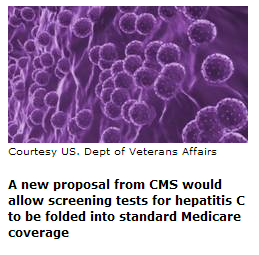Asking patients to perform their own dialysis can be a tall order, even when you provide the needed training. It may take some motivation on the part of the patient—and sometimes on the part of your staff.
(Defining key elements in promoting peritoneal dialysis to patients)
In their poster, “Thriving on PD,” presented at the Annual Dialysis Conference this past week, Mary Jo Miller-Grandfield, RN, BSN, and her dialysis team at Renal Venture Management’s Fort Dodge/Storm Lake, Iowa clinic, set out to spread the word about the value of home dialysis in their mainly rural community. They focused on peritoneal dialysis as the modality choice, saying in the abstract, “There are many misconceptions related to PD therapies and outcomes, both with existing dialysis patients and the medical community.” So the team, with the help of Baxter Health Care, developed a campaign to highlight the positive quality of life improvements for patients going on PD.
The group developed the “We don’t just survive, we thrive,” campaign. That effort include several components, as detailed by Miller-Grandfield:
-
“Removal of the word ‘no’ from our vocabulary: all needs, wishes, goals … even prescription changes…are met with an open mind and the patient’s quality of life as a priority.”
-
The dialysis team accommodated patient schedules. “…We became very flexible. We arranged our schedule to accommodate the needs of the patients.” The staff trained working patients in the evening and opened early evening lab draws to accommodate work schedules. They became the only program in the area to train nursing home staff on peritoneal dialysis.
-
Get patients to talk about the outcomes. The dialysis team empowered patients “to not only focus on their quality of life but to document that quality via testimonials, pictures and postcards.”
(The benefits of offering extended-hour dialysis shifts)
The results of this positive thinking? After 2.5 years, the Fort Dodge/Storm Lake facility grew their peritoneal dialysis program from five patients to 37, divided between two clinics. “Our goal is to continue to promote PD (and the quality of life benefits) to surrounding physicians and the medical community,” wrote Miller-Grandfield.
Picture courtesy of www.renalresource.com

